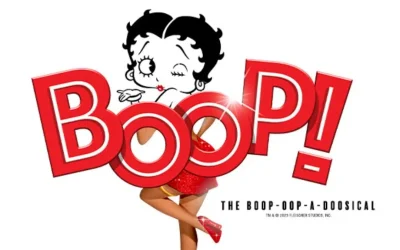Regardless of whether Ticketmaster merges with concert giant Live Nation by the end of the year, Ticketmaster is poised to thrive under its planned dynamic pricing initiative, according to an analyst with investment bank Thomas Weisel Partners.
Both Irving Azoff and Michael Rapino, the CEOs of Ticketmaster and Live Nation respectively, told an audience of bankers Wednesday that they remain confident the merger will receive federal approval, but Ticketmaster is positioned to emerge largely unscathed should the merger fail. The Thomas Weisel Partners’ equity research report, issued a day before Azoff and Rapino spoke, appears to validate many of the claims the two chief executives made about their companies’ futures.
In addition, Thomas Weisel Partners upgraded Ticketmaster’s financial rating from “Market Weight” to “Overweight” with a new stock price target of $12, up from $8. Ticketmaster stock, which trades under the symbol “TKTM,” closed at $10.25 yesterday, September 9, a slight dip from the previous day’s close. Click here to view the stock ticker.
“Driving our now favorable view is the belief that while ticket re-selling remains the industry’s hot potato, the introduction of dynamic ticket pricing in the primary market will be a meaningful driver of revenue and cash flow for Ticketmaster,” analyst Ben Mogil wrote. “Dynamic ticketing will result in some of the consumer surplus which has been dissipated by the current ticket price system being recaptured in the primary market. The impact on re-selling will likely be that all but the strongest shows where the re-sale premiums are highest will be impacted by these changes in the primary market. From a Ticketmaster perspective, while the combination with Live Nation does facilitate an easier roll-out of dynamic pricing because of the scale of ticketing between the two, we believe that Ticketmaster, if it remains a stand-alone entity, can also roll-out the program successfully.”
Ticketmaster reduced its fiscal outlook, Mogil wrote, in part “because of regulatory induced restrictions on its re-selling business (i.e. no on-sale until the primary market was sold out and a one-year ban on links to its re-selling site TicketsNow),” which he believes helps the company’s dynamic ticket pricing model. Ticketmaster plans to roll out a major dynamic pricing initiative in early 2010, which will resemble airline or hotel pricing models and let artists or sports teams set ticket prices on the fly.
“While Ticketmaster noted in various regulatory filings that one of the main rationales for it supporting the merger was ‘The prevailing macroeconomic conditions, and the economic environment of the industries in which Ticketmaster Entertainment and Live Nation operate…’ we believe that the situation has improved for them of late particularly given that the merger discussions were held in January and February 2009 when the credit environment and overall consumer sentiment were materially worse than they are right now,” Mogil wrote, adding that any effects to Ticketmaster’s stock from the merger not going through will be short-term at best.
Because Ticketmaster and Live Nation, which still has its own ticketing operation, have lived through the balance of the year with all the negative publicity from the proposed merger but are still relatively bullish on their respective futures indicates that if the deal fell through it would not have a lasting impact.
“We believe that issues related to the ‘unfairness’ of dynamic pricing (i.e. the guy sitting next to you paid less) have long since been whittled away by anyone whom has ever flown on an airplane or stayed in a hotel,” Mogil wrote, but he acknowledges that there could be some other obstacles to dynamic pricing, such as potential “fan backlash” because low-end tickets for sold-out shows could end up costing more. He believes that in some cases, those prices may still be less than those charged on the secondary market.




